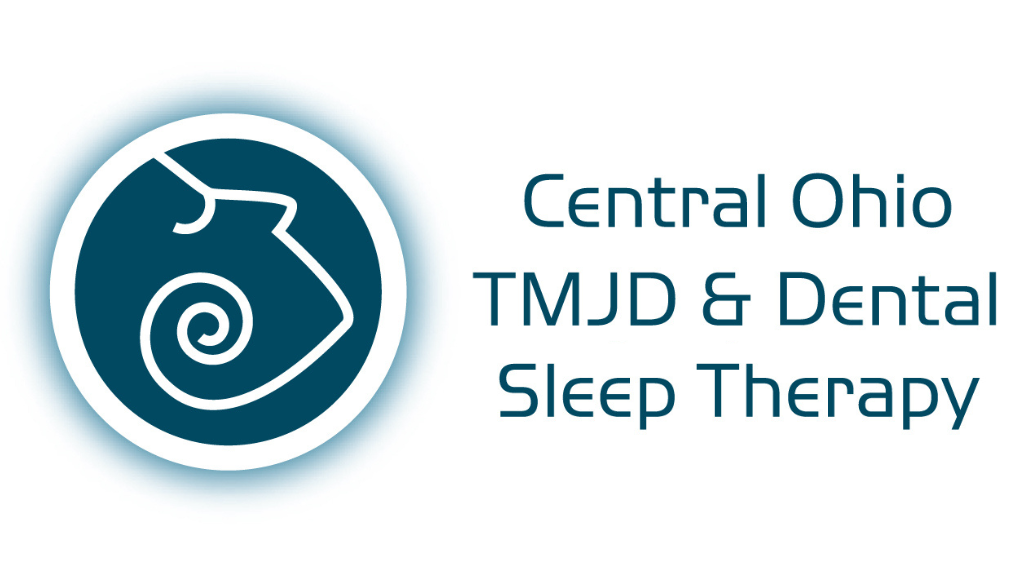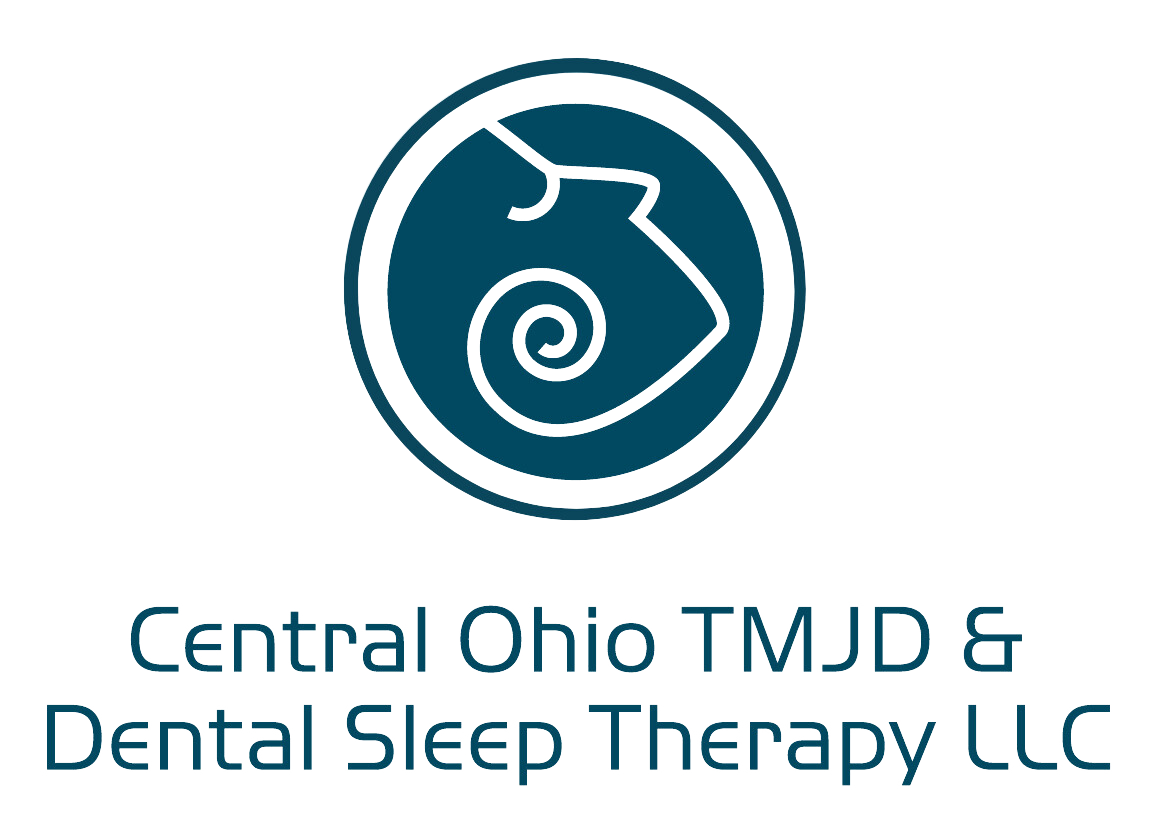A Few Questions about Sleep Apnea by drbez | Jul 1, 2015 | News
Dr. Bez recently sat down with us for a brief Q & A about Sleep Apnea. Many people out there have sleep apnea, and go un-diagnosed. That can lead to a lot of other health conditions in time. Dr. Bez is extremely passionate about educating others about sleep apnea, and so he’s launching an “Ask the Expert” campaign this month! If you have a question about sleep apnea, TMJD, or any other dental issues, submit them to drbez.com/AskTheExpert! Dr. Bez will be picking some throughout the month to answer, and posting them on our Facebook page. So keep an eye out to see if he answers yours!
Q: What is obstructive sleep apnea?
A: Obstructive sleep apnea, which is often abbreviated to OSA, is the most common form of sleep apnea. It’s caused by an obstruction in the upper airway –breathing through the mouth or nose. Every few minutes, your brain will wake temporarily, even if not fully,to open the airways, which will be repeated hundreds of times nightly, preventing a full night’s sleep.
Q: What are some of the symptoms of OSA?
A: The most common symptom of OSA is snoring and snorting during sleep. Other, more noticeable daytime effects include daytime sleepiness, restless sleep, and even snoring. Headaches, concentration troubles, mood changes, and even stages of depression are signs that you may be affected with OSA.
Q: What causes of OSA?
A: Some common causes for sleep apnea come down to one’s physical situation. Old age, excessive weight and obesity are all common contributors to OSA. Some causes are passed down from your parents, though, like having a narrow throat. Other things like smoking and drinking can also cause it to appear in some cases too.
Q: How common is OSA?
A: You know, it’s hard for us to tell. Some think that as many as one in five people in the U.S. have it. Considering it can affect both children and adults, it’s easy to see how that number is plausible. The thing is, many cases go undiagnosed, so it’s really hard to get a hard statistic there. That’s why we need to make sure more people know about Sleep Apnea – so they can get treatment as early as possible.
Q: So Sleep Apnea is treatable?
A: Yes it is. There are dental devices that can help keep the airway from being obstructed. In certain cases, depending on the cause, weight loss can help lessen the symptoms and long-term effects as well. There are surgeries to treat OSA too, but we like to look at all the options, because it depends so much on the individual.
Dr. Bez has recently begun giving educational presentations about Sleep Apnea and TMJD to small groups around the Greater Columbus area. If you know of a group that would be interested in learning more about these presentations, give Lisa Chapman a call today at (614)582-5116. We would love to come out and teach your group more about these sleep disorders!










